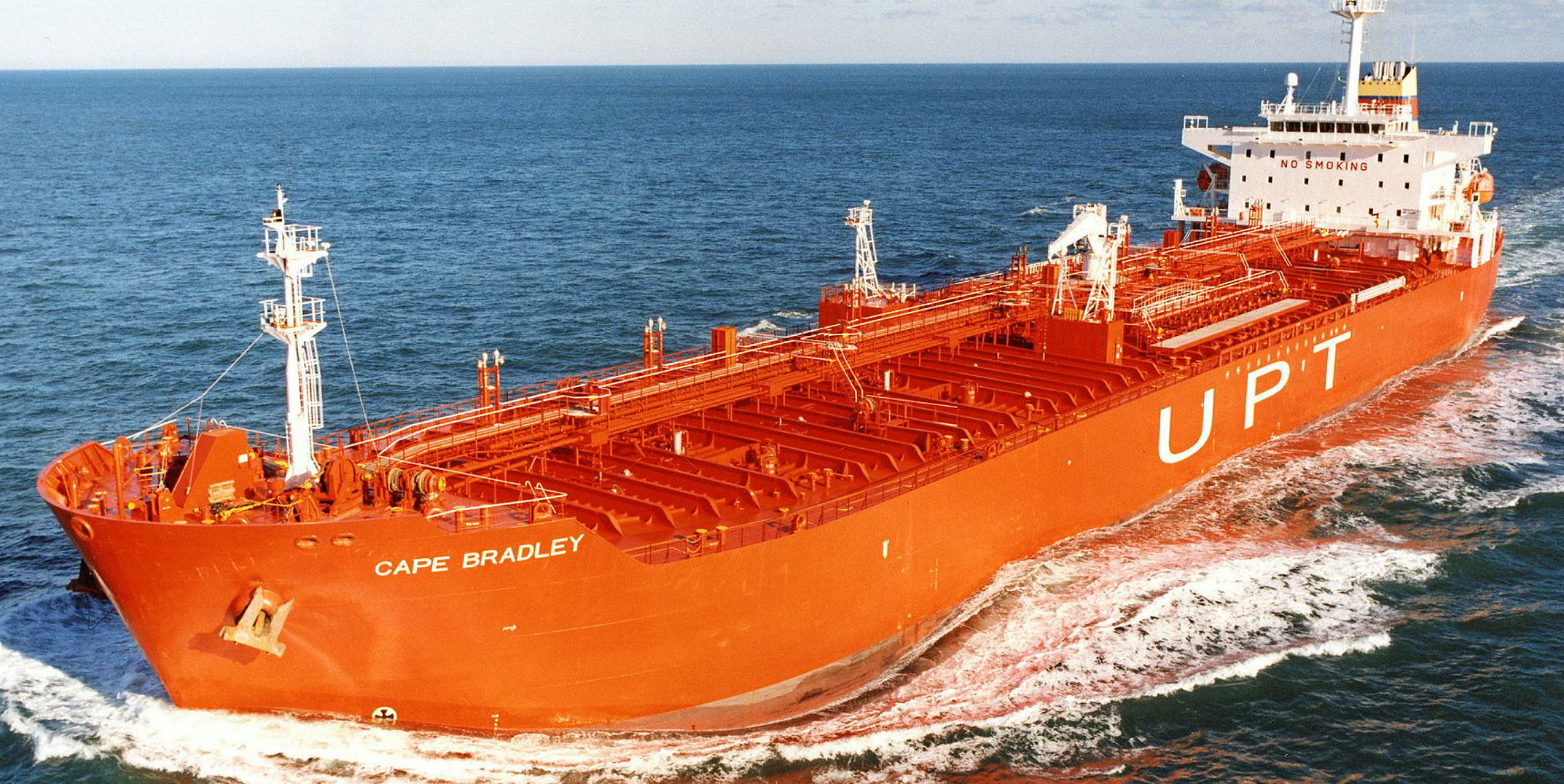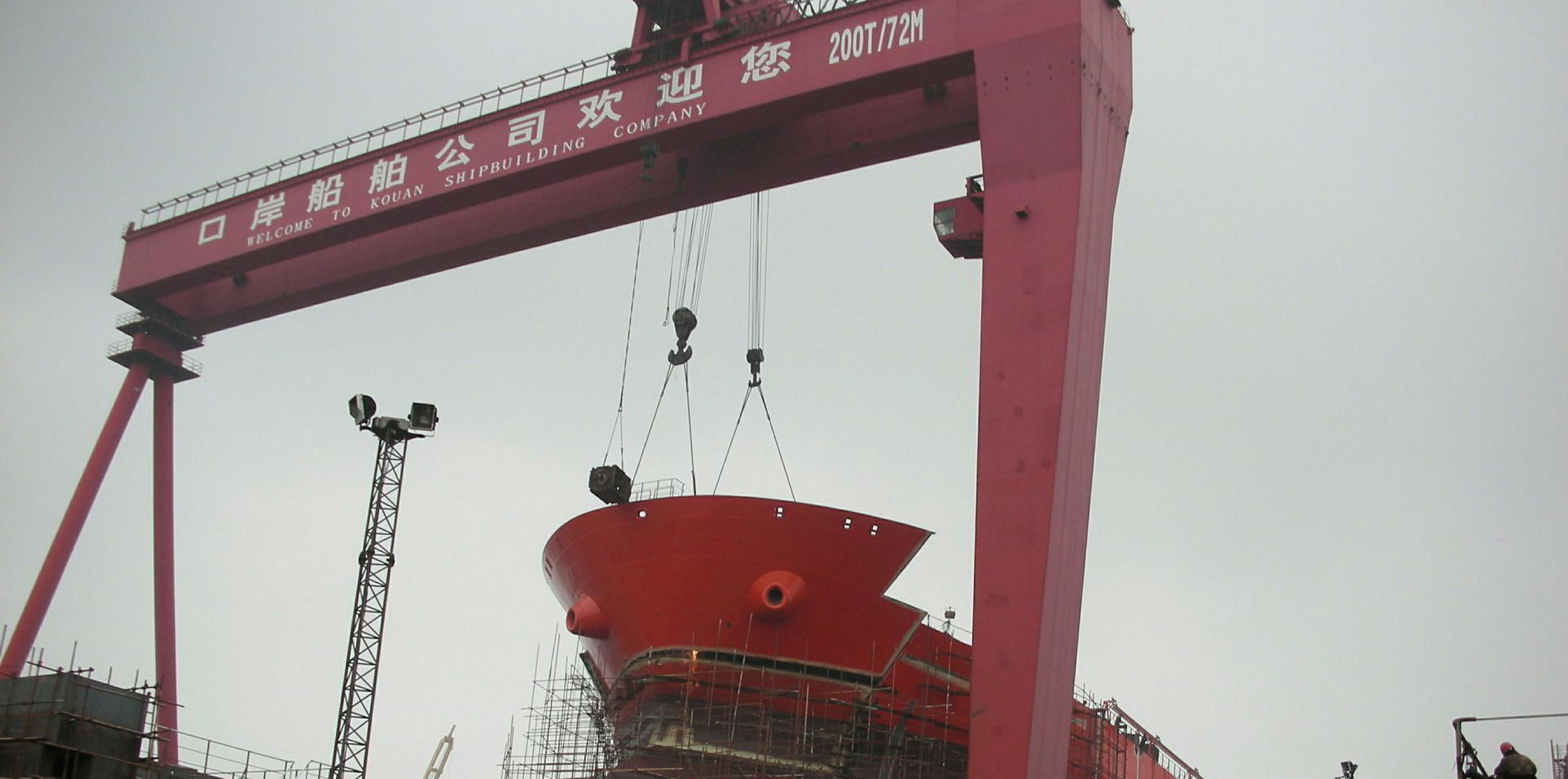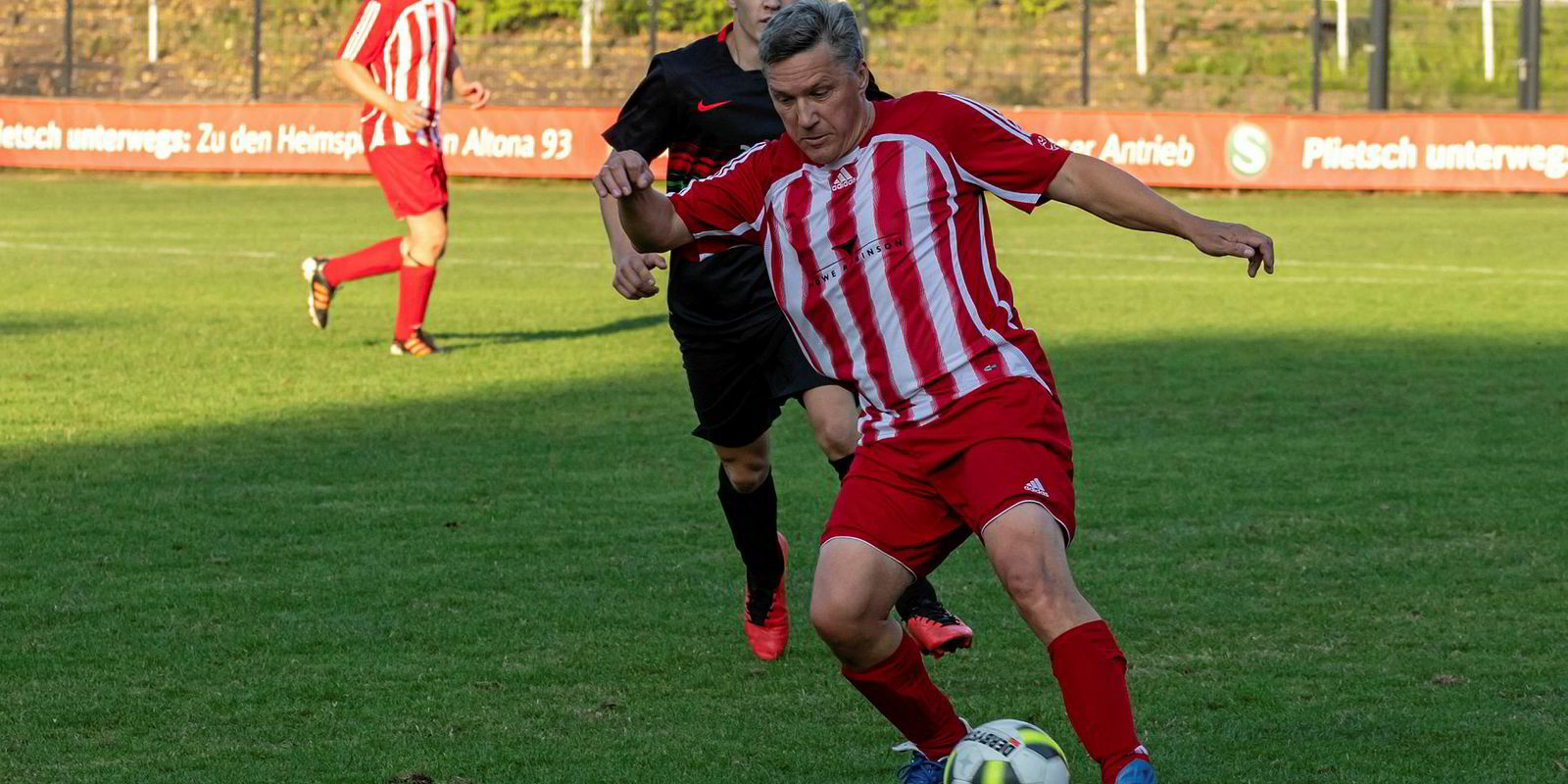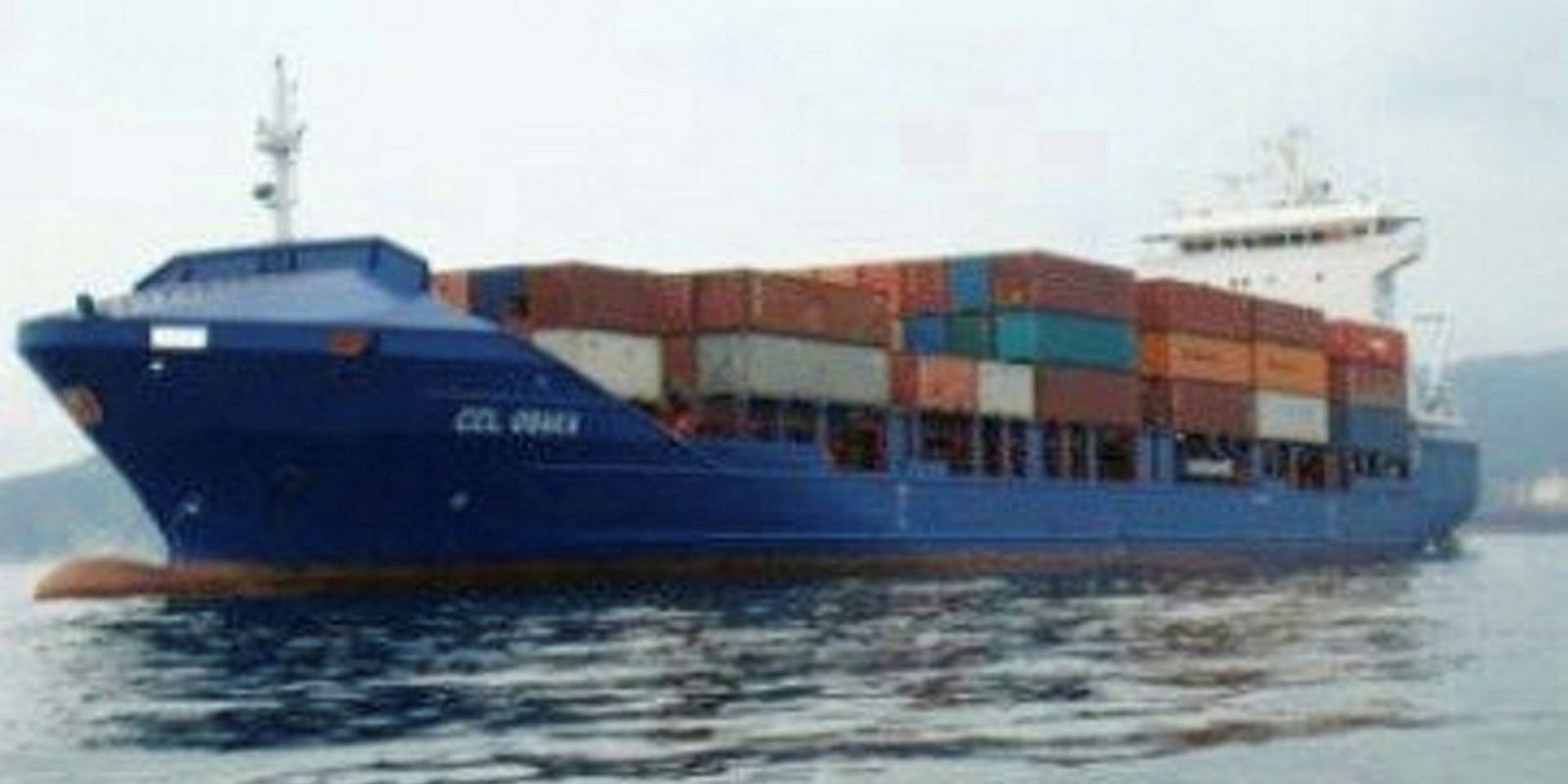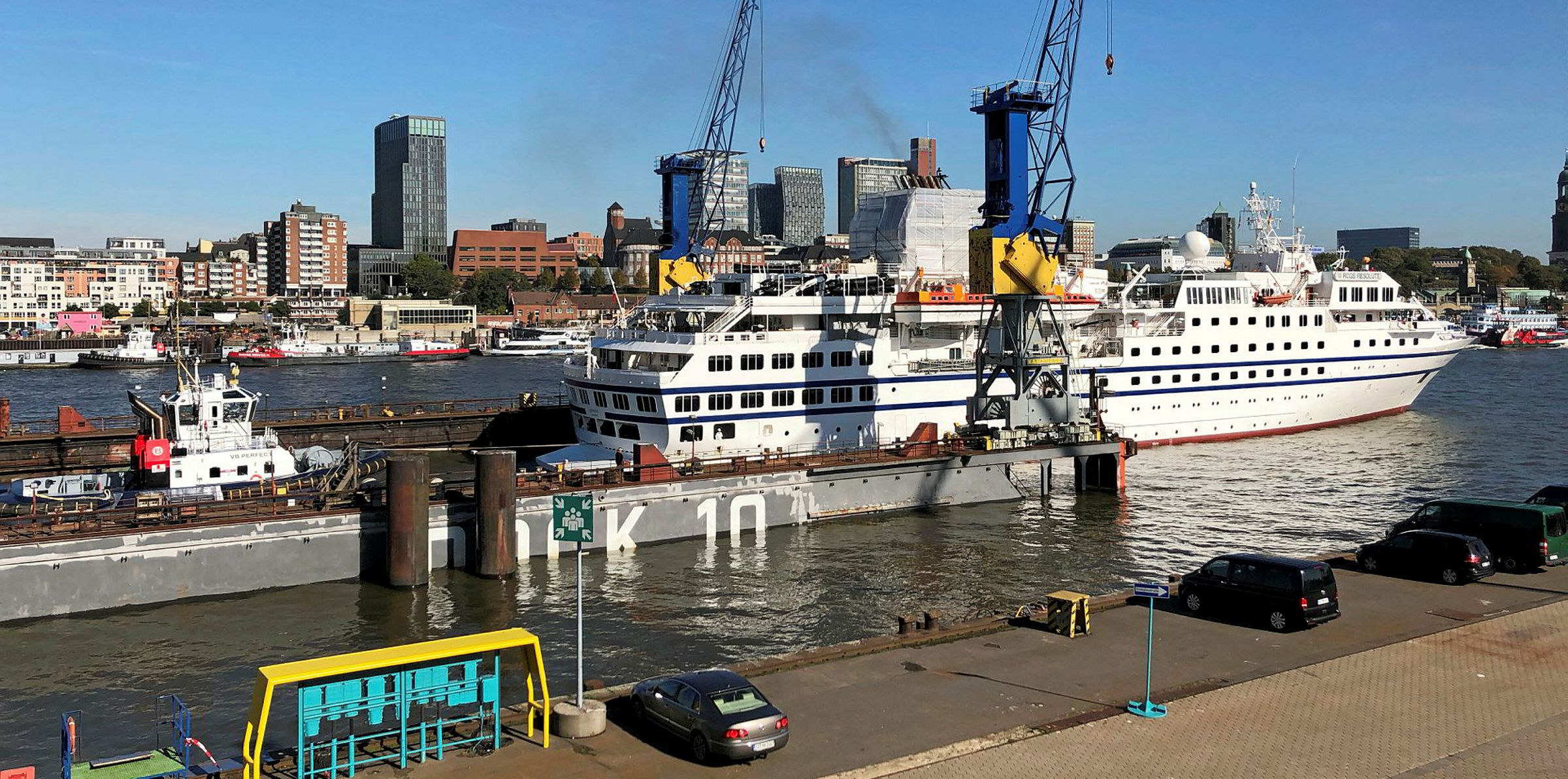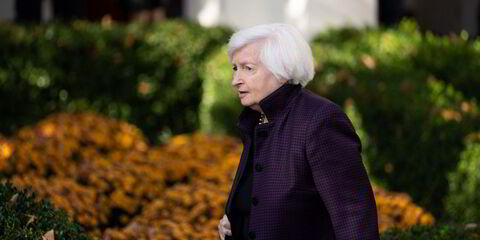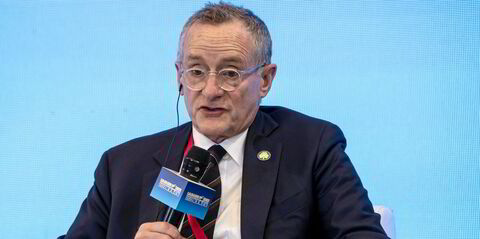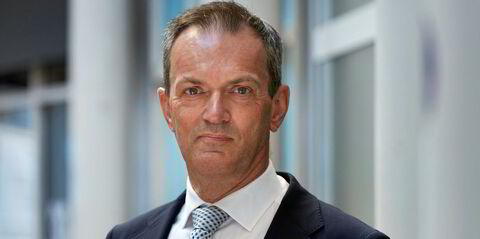German managers and owners of product tankers are starting to rebuild after the collapse of the KG (limited partnership) system, buoyed by a wave of cautious market optimism.
Germany is best known as a major provider of boxships but tanker companies have also formed a substantial, albeit much smaller, proportion of the fleet for many decades.
Bernhard Schulte Shipmanagement, German Tanker Shipping, John T Essberger, Harren & Partner, United Product Tankers and Chemikalien Seetransport number among the roll call of players that have survived difficult markets, including 2017 and much of 2018.
And, in some instances, they are expanding their fleets again.
Under pressure
Product tanker rates peaked around the turn of the year, but they have been under pressure so far in 2019. Clarksons noted in its latest Oil & Tanker Trades Outlook that soft global oil demand growth and weak Asian refining margins have impacted the product tanker market.
Refineries undergoing maintenance and preparing to produce IMO 2020-compliant fuels have also affected rates.
In July, average clean MR spot earnings reached their lowest this year.
But there is optimism for the coming months and next couple of years.
Clarksons, for example, says there is potential in the second half of 2019 for the impact of the IMO sulphur cap on product trade flows, expanding product inventories and rising gasoil shipments to support demand growth of 2.6% for the full year in 2019, with “robust growth” of about 6% in 2020.
Active product tanker supply is expected to be limited by vessels being removed from service for scrubber refits.
There is potential in the second half of 2019 for the impact of IMO sulphur cap on product trade flows, growing product inventories and rising gasoil shipments to support demand growth of 2.6% 2.6% for the full year in 2019, with “robust growth” of about 6% in 2020
Clarkson
One-year time-charter rates for LR1s hit their highest since 2016 at the start of July. Evidence of optimism also on the chemical tanker side came recently with Hamburg-based TB Marine ordering another pair of 22,000-dwt dual-fuel newbuildings in China.
However, no longer can German companies rely on the billions of euros that flowed during the heyday of KG investors and over-generous support of the banks.
Financial alliances
Instead, they are forming new “financial partnerships” with investors to acquire ships to replenish often ageing fleets after seeing numerous KG product and chemical tankers forcibly sold off by banks or disposed of by disillusioned "doctor and dentist" investors.
“The banks wanted to sell ships at any price, even performing loans,” one Hamburg-based shipmanager said, whose fleet declined as financial institutions cleared out their vessel portfolios.
“They just wanted to get out of everything,” he added. Between October 2018 and February 2019, he identified 20 to 30 largely handysize product and chemical tankers, plus smaller ships, which the banks “have pushed out of the market”.
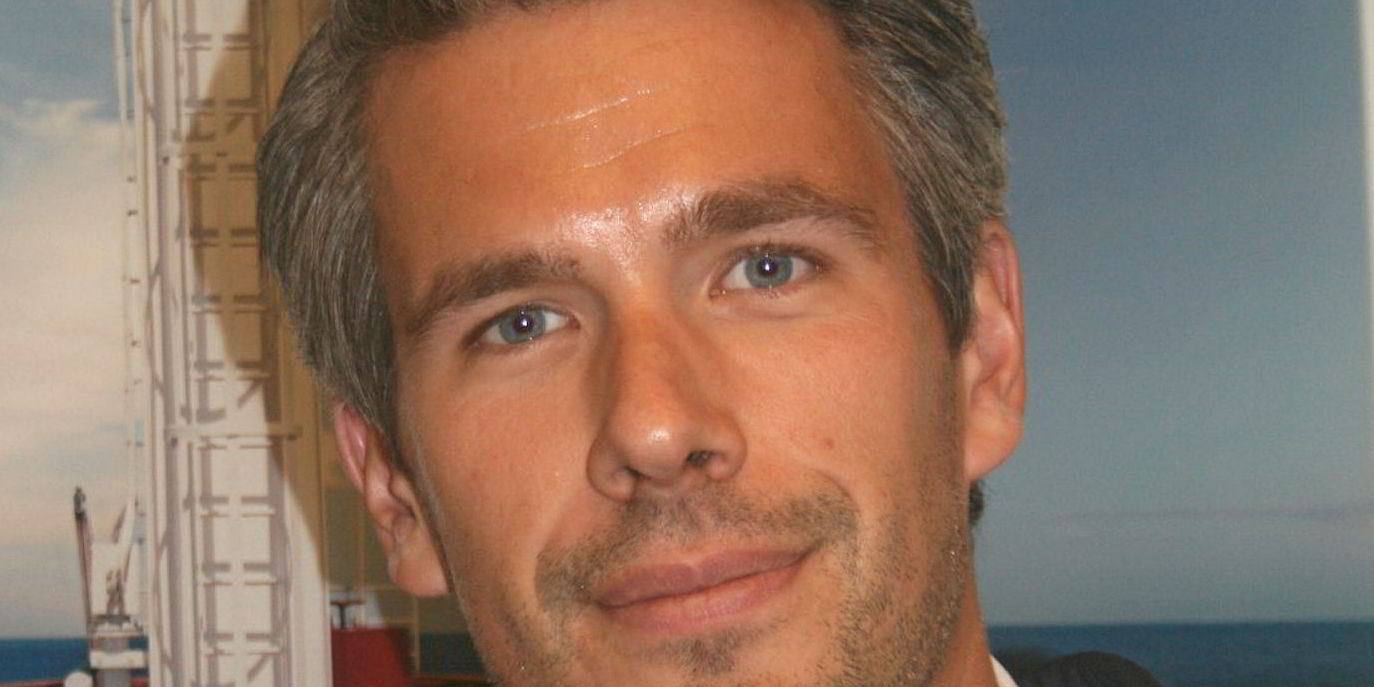
But Germany has a history of family companies with access to private investors who often operate below the radar but are once again playing a bigger financing role.
For example, TradeWinds has reported on the return to growth of Dr Karl-Heinz Kramer company Chemikalien Seetransport (CST), which secured the technical management of eight 13,000-dwt chemical tankers by taking over Bremen-based compatriot Rigel Schiffahrts.
The company also acquired four LR1 product tankers belonging to Expedo Shipping Corp.
When the shipping crisis kicked in, the days of KG, at least for new projects, were over and meant you had to look for new partners
Christian Kramer
While approaching their third special survey, the 2005-built Expedo ships are considered a sound acquisition, given their condition and the discount older product tankers currently carry.
Calling time on KGs
“When the shipping crisis kicked in, the days of KG, at least for new projects, were over and meant you had to look for new partners,” CST boss Christian Kramer told TradeWinds.
Dr Karl-Heinz Kramer group managing director Hylke Boerstra said the demise of the KG system marked a special chapter in the history of all German companies. But he said: “Our business didn’t change. Shipmanagement is shipmanagement."
“New, fresher and more dynamic partnerships,” is how UPT joint managing director Christos Matarangas described moves to replace the KG financing structures.
TradeWinds asked TB Marine how its chemical carrier newbuildings are being funded and what sources of finance are opening up for such deals, but the company declined, saying senior managers did not give interviews.
However, such investments follow a long period of downsizing and market exits of some well-known German players, not least the sale of Offen Group’s Claus-Peter Offen Tankschiffreederei (CPO Tankers) to compatriot Zeaborn.
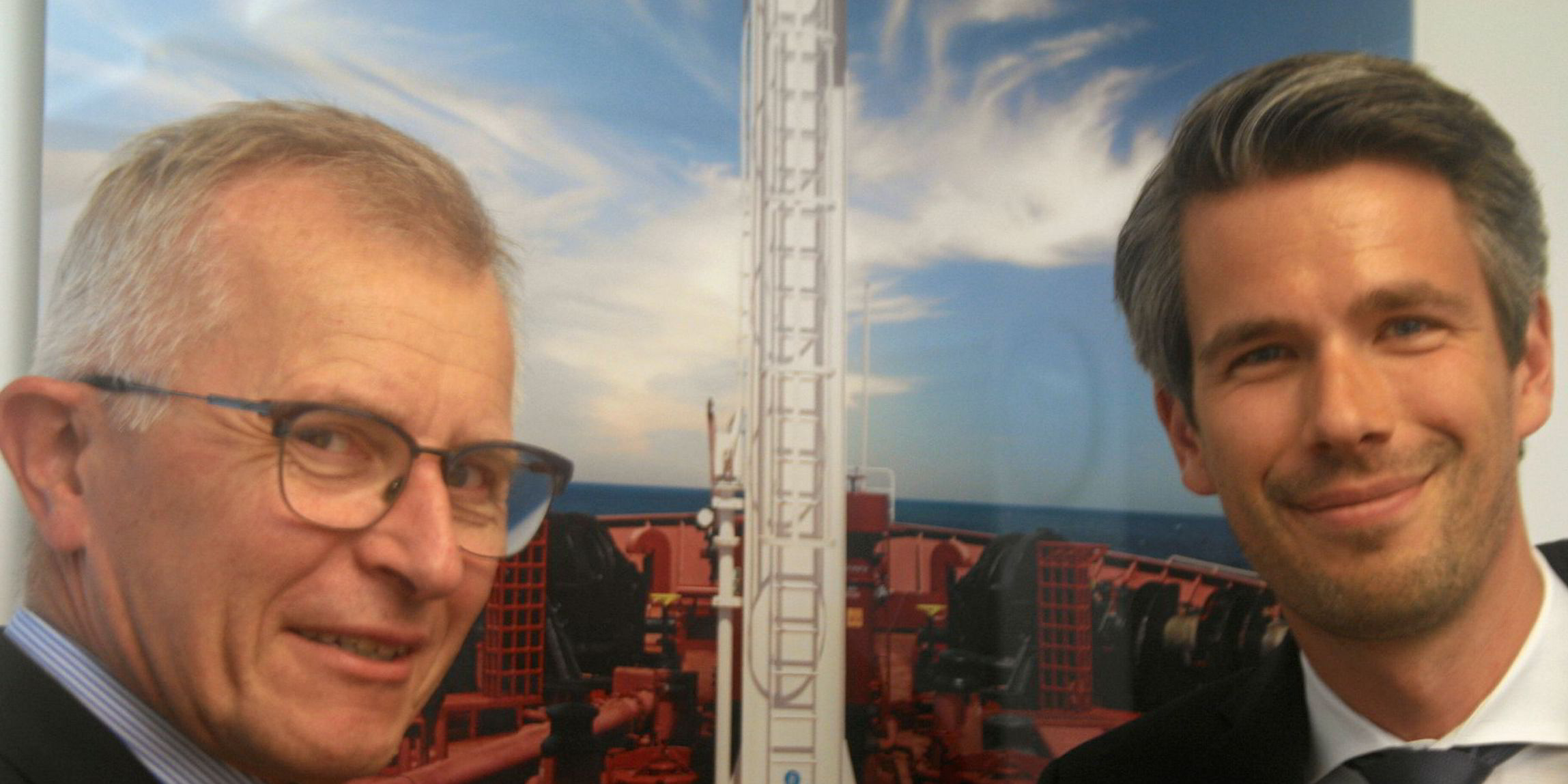
CPO Tankers specialised in the management of handysize and MR tonnage, including KG-funded vessels.
Offen Group’s explanation was that it wanted to focus on its core activity as an owner/manager of post-panamax containerships. CPO Tankers had a lot of ships under management in partnership with Scorpio Tankers, the world’s largest product tanker owner.
It is no secret that a lot of people feel tanker rates should pick up, latest in the fourth quarter of this year. The next two or three years in our view are quite promising
Christian Kramer
Double-digit sales
Double-digit sales of Offen-managed product tankers have subsequently been linked to the likes of Tufton Oceanic and Torm.
Also, during the second half of last year, tanker owner and manager Jacob Shipping Groupfarmed out its remaining four owned LR1 product carriers to Navig8’s LR8 pool.
Consequently, the Jacob Panamax Tanker Pool is “currently idle”, according to the Bremen-based company’s website.
And prior to Rigel being sold to CST, three of its managed and KG-funded handysize tankers were sold to Norway's Viken Shipping, although technical management of those vessels has remained in Hamburg with Viken subsidiary Wallem.
However, further evidence that the tide may be turning came from Torm chief executive Jacob Melgaard who said that the prospects of an improving demand-supply situation for transporting clean petroleum products meant it was an appropriate time to expand Torm’s fleet, echoing the views of German managers and owners who have spoken to TradeWinds recently.
And, according to analysts at Jefferies, the product tanker market is heading into a multi-year upcycle. IMO 2020, increased refinery capacity in the Middle East and China, the lowest orderbook (8%) since 2000 and a potential rise in scrapping are all highlighted.
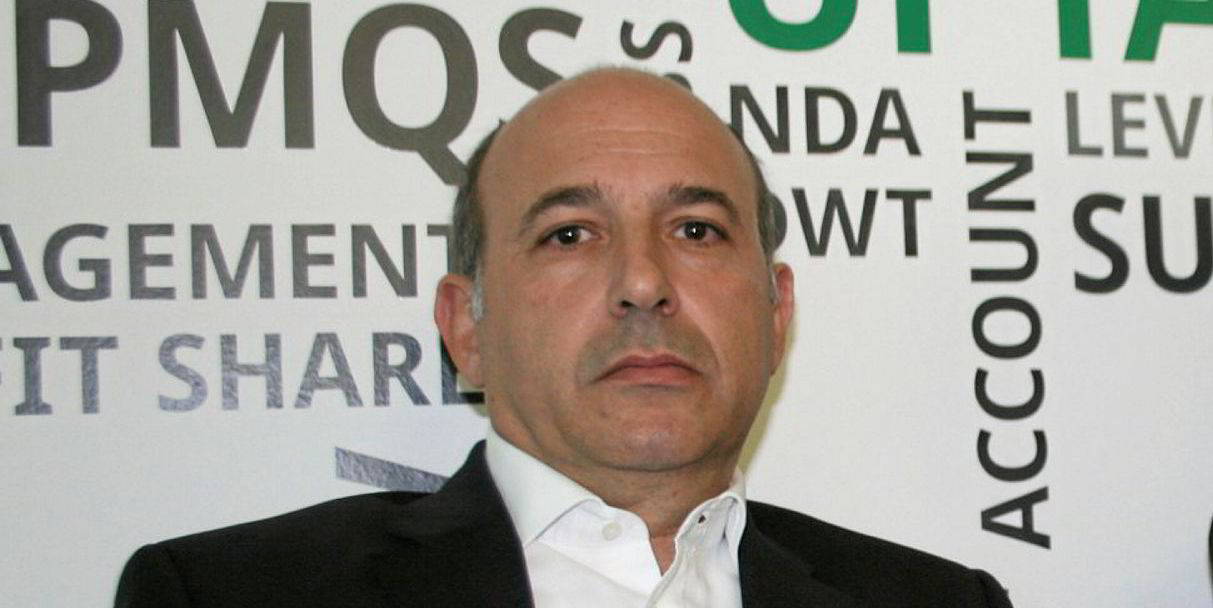
Quite promising
CST’s Kramer told TradeWinds: “It is no secret that a lot of people feel tanker rates should pick up, latest in the fourth quarter of this year. The next two or three years in our view are quite promising.”
Some commercial managers in Germany have already sought to stem the outflow of ships from their fleets by offering time-charter cover and thereby meeting the demands of the banks.
UPT's Matarangas added that the general absence of large corporate backers for companies in Germany meant their focus had to be on organic growth and developing new partnership structures to replace the KGs.
UPT is among those impacted by the KG demise but it highlights the fact it has strong backing from a global player and says it is on an upward curve again.
